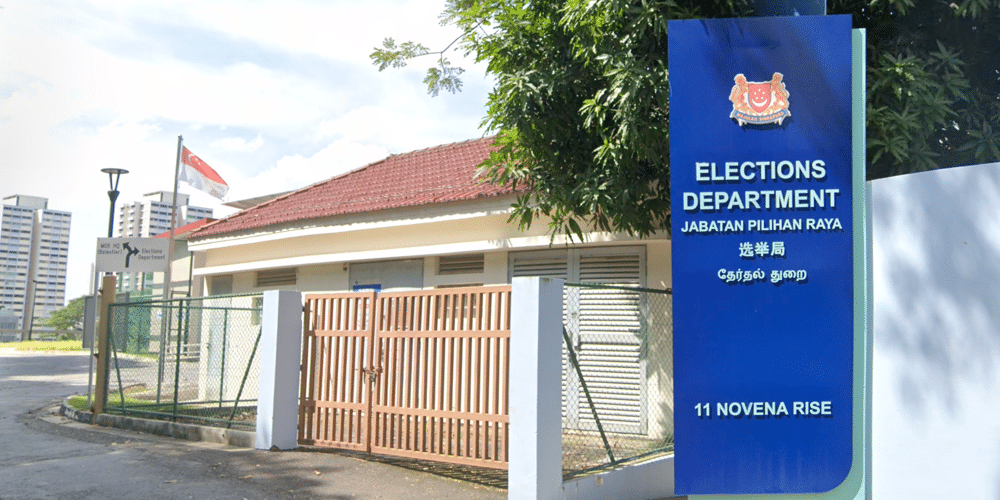by Augustine Low
Following the death of founding Prime Minister Lee Kuan Yew in 2015, Minister K Shanmugam made this posting on Facebook:
“Singapore without Mr Lee Kuan Yew will never be the same.”
The minister, now at the centre of the Ridout controversy, did get his prediction right.
In fact, it was Minister Shanmugam himself who gave voice to how dramatically different Singapore had become without Lee Kuan Yew. It was he who told Parliament that Lee Hsien Yang had “essentially absconded” from Singapore.
The son of Lee Kuan Yew absconding from Singapore? If anyone had predicted such a thing, you would have called the person a crackpot.
Yet just eight years after the passing of the man credited with transforming Singapore from Third World to First World, his son was said to have absconded from the country.
A truly stunning development which shows the astonishing turn Singapore has taken without Lee Kuan Yew.
So many scandals and controversies have rocked the country. But each time, the People’s Action Party (PAP) chose to look the other way.
The Keppel bribery scandal stands out. Just like that, Singapore’s zero tolerance against corruption was blown to smithereens.
LKY, more than anyone else, was adamant about weeding out corruption. The Keppel bribery scandal completely goes against the grain of what he stood for.
Would ministers have been lapping it up in colonial bungalows during the time of LKY?
Remember that LKY himself lived modestly in spartan surroundings at 38 Oxley Road for decades. He would have hit the roof had he found out about ministers living in palatial bungalows with land the size of a few football fields.
Strangely, it took an opposition politician, Kenneth Jeyaretnam, to blow the whistle on Ridout Road. We have to wonder why an opposition leader knew so much, and Prime Minister Lee Hsien Loong apparently knew little or nothing.
Leadership succession after LKY has been stuttering and floundering. Heng Swee Keat waited and waited until he threw in the towel. Now it’s the turn of Lawrence Wong to be PM-in-waiting for nobody knows how long. Having missed his target for stepping down, PM Lee has not bothered to set a new one.
Just one symptom among many of a country drifting sideways, directionless, and bereft of decisive leadership.
Lee Kuan Yew famously said: “Whoever governs Singapore must have that iron in him. Or give it up. This is not a game of cards! This is your life and mine!”
How the Ridout controversy is currently being played out tells us everything.
Instead of knuckling down and showing iron and steel in getting to the bottom of it, they take the soft path of ownself investigate ownself and try to convince us that what we see is not what it seems.
One nagging question remains: had Lee Kuan Yew not paved the way for his son to be Prime Minister, would things have turned out differently for the country?








